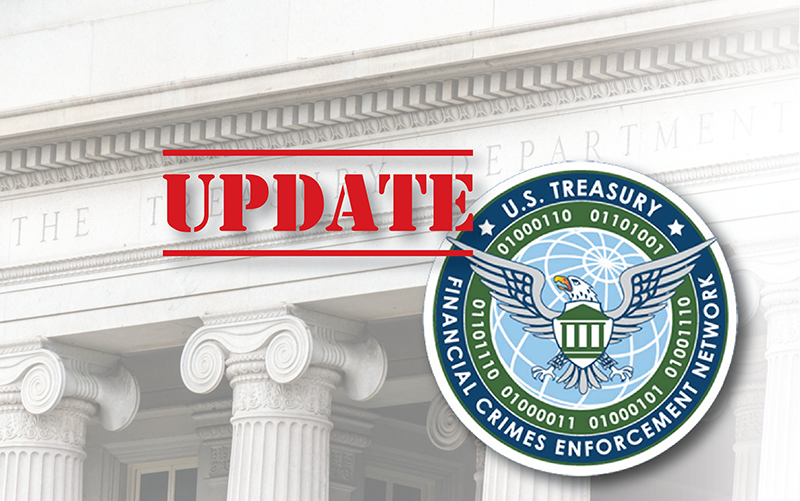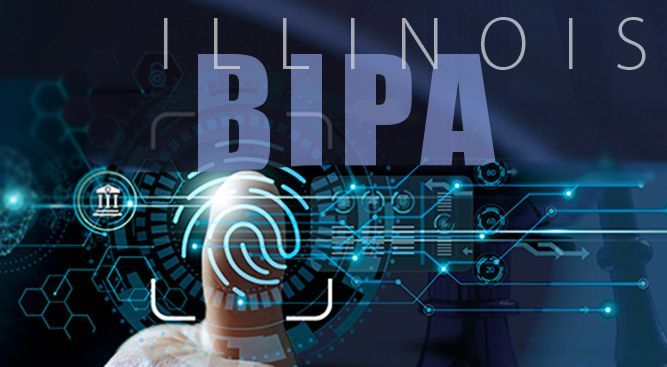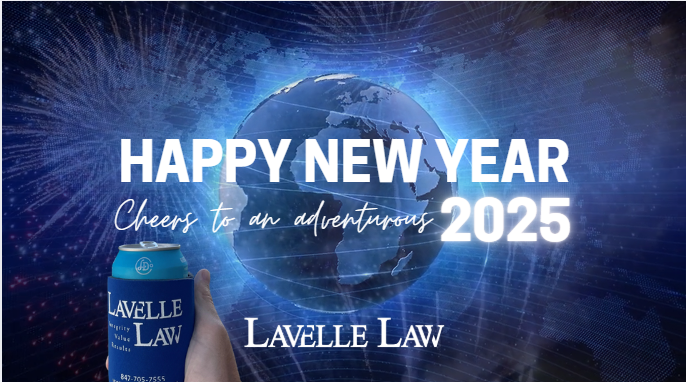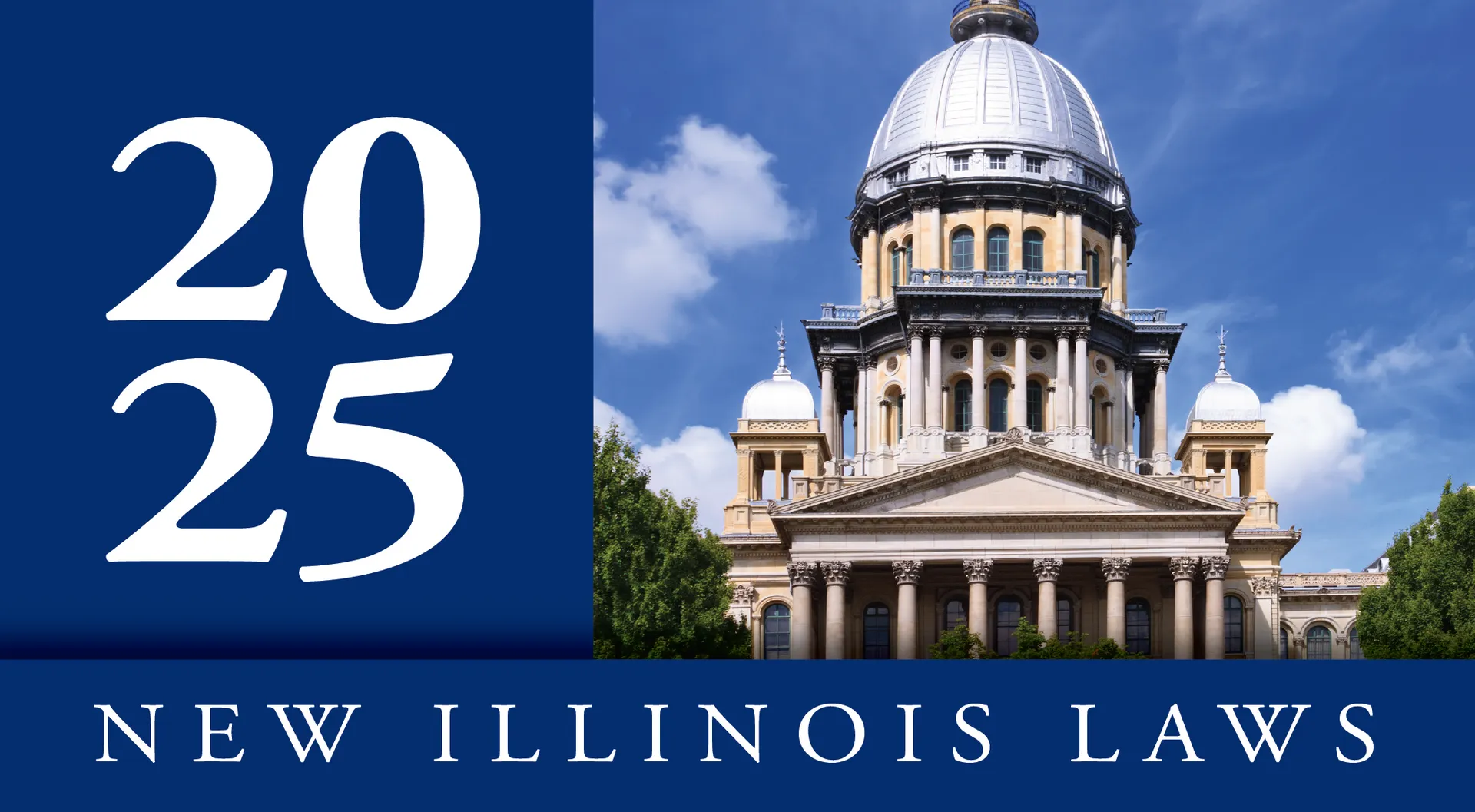What is the Business Reason for Concentrating Your Practice in a Specific Area?
The question as to whether you should be a generalist or a specialist has been bantered about for years in the practice of law. There have been many seminars and books commenting on the subject, leading to the overwhelming conclusion that we as attorneys, need to concentrate our practice in one or two narrow areas of law and become really good, efficient practitioners in those areas of the law.
Generalist
Contrarians will argue that as a small or solo practicing lawyer, you need to generate revenue in any way that it comes and sometimes picking up wills and trusts drafting, real estate closings, lease disputes in court, and a divorce case are all the natural opportunities for you to earn income. That may be a true economic necessity for the new or small practitioner to put food on the table, but in the long run it is not sustainable for a successful practice and career in the law.
Any experienced practitioner will tell you that it is his or her deep understanding of a few (often times related) areas of law that made him or her successful in the practice of law. Remember the “jack of all trades is a master of none.” We need to be great at something and being great in one or two areas of the law is hard enough – it is difficult to be great in multiple areas of the law.
A Focused Practice
More than just expertise, let’s look at the business case for concentrating one’s practice. By concentrating your practice to one area of law, you can network with other attorneys trying to gain their confidence in referring clients much more easily than if you practice in a great breadth of areas. Networking among other lawyers is eminently easier when you do not appear to be competing with those same lawyers. For example, if divorce work is your strength, you will be able to obtain referrals from every attorney in your network that does not do any divorce work. And even if they do divorce work, you will be able to get some conflict work from them if they trust your skill set.
Remember, once you establish your concentration in the practice of law, you absolutely need to become great at it; you can then expect referrals from attorneys primarily because you are the best attorney they know at providing legal services in that area of the law, and secondarily, because they do not do it and cannot best service the client’s needs. In turn, if they are real estate or bankruptcy attorneys, you can refer those cases to them, building a network of trust that supports both of your offices. Networking among our peers in the bar, works best when your selling proposition to the market is that you are high-level attorney providing exceptional services in one or two narrow areas of the law. Furthermore, an attorney with a focused practice is able to more easily make referrals to other attorneys (for matters outside of the respective practice area).
Take a look at the model of personal injury lawyers. Their practice is sustained by referrals, and in fact pay referral fees in a way that are governed under the code of professional responsibility in their jurisdictions. Personal injury lawyers understand that they can network with estate planning, business transaction, divorce, criminal, traffic lawyers and all the rest of the practitioners out there that do not do personal injury work. When they do network, they want to become the personal injury lawyer connection with your particular network. Personal injury lawyers are excellent at networking among other lawyers that do not provide their services, that need and want to put their clients with the best possible representation.
For any further discussion on concentrating your practice and how to expand your law practice from one narrow concentration to other related areas of the law, contact Kerry Lavelle at klavelle@lavellelaw.com for coaching and assistance on growing your practice.
Kerry Lavelle is the author of "The Business Guide to Law: Creating and Operating a Successful Law Firm" published by the American Bar Association. It can be found on the ABA website at: http://bit.ly/1J1p0Aa. He grew his solo practice to a 26-attorney firm, accumulating numerous awards and commendations along the way for his legal work and community service. He is a frequent speaker at bar association seminars and conferences on law office management, and has served as an adjunct professor for business, economics and law school classes, and has served on boards for the Northwest Suburban, Illinois and American Bar Association.
CLICK HERE to listen to our podcast for some great insights on running your law office!
More News & Resources
Lavelle Law News and Events








STAY UP TO DATE
Subscribe to our newsletter
Lavelle Law, Ltd. | All Rights Reserved |
Created by Olive + Ash.
Managed by Olive Street Design.



